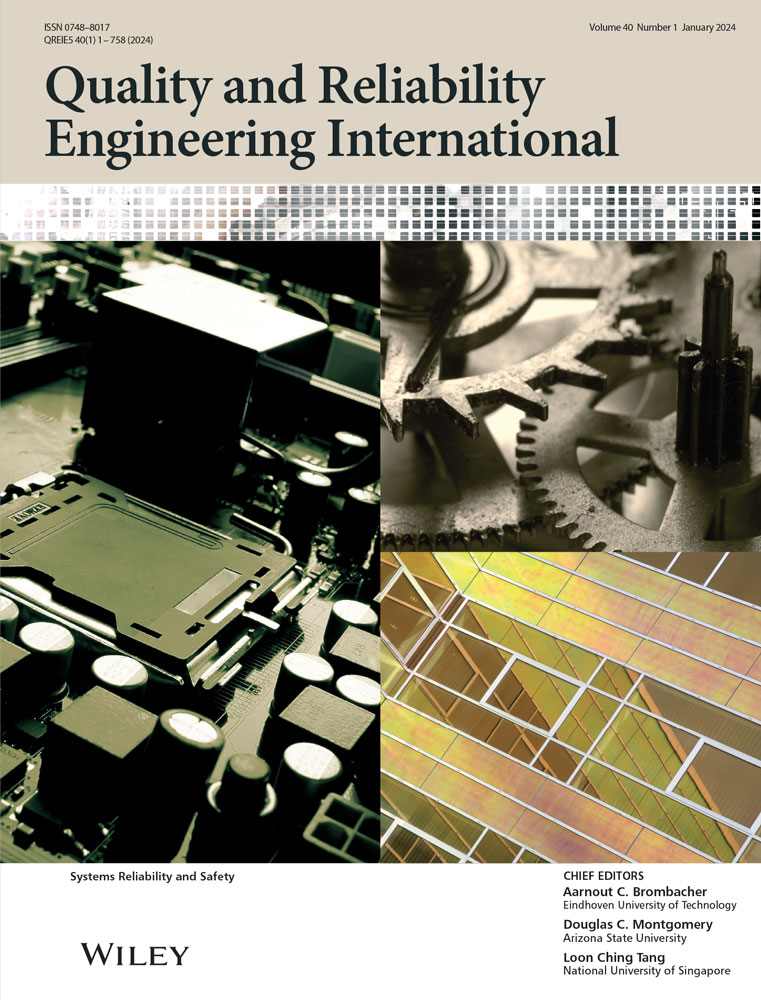Reliability assessment of two-level balanced systems with common bus performance sharing subjected to epistemic uncertainty
Abstract
Two-level balanced systems with common bus performance sharing (TLBS-CBPS), represented by power battery systems, play an important role in various industries. Where the two-level balance refers to when the system is unbalanced, redistributing performance between modules using a common bus for the intermodule balance, followed by the in-module component performance redistribution to achieve global balance, that is, the performance differences among all components are within the balance degree threshold. However, the component performance has epistemic uncertainty due to measurement limitations, and the distance-dependent transmission loss incurs during the performance redistribution. These problems make the reliability evaluation of TLBS-CBPS challenging. To address these issues, a reliability evaluation method for TLBS-CBPS is proposed by considering two-level balance, epistemic uncertainty, and transmission loss. First, the system model is constructed from working modes, and the two-level rebalancing process is described as three nonlinear programming problems. Then, based on the Dempster–Shafer evidence theory, the belief universal generating function (BUGF) method is proposed to evaluate the uncertainty of the system reliability. To improve the computation efficiency, a simplified BUGF algorithm is given through merging, judging, labeling, and expanding realizations. Finally, two examples of lithium-ion battery packs demonstrate the effectiveness of the proposed method.
Open Research
DATA AVAILABILITY STATEMENT
Research data are not shared.




